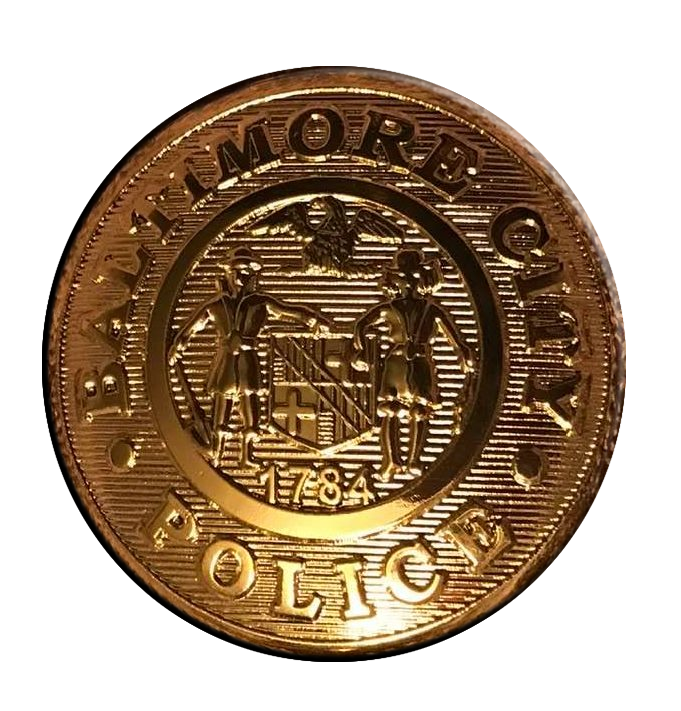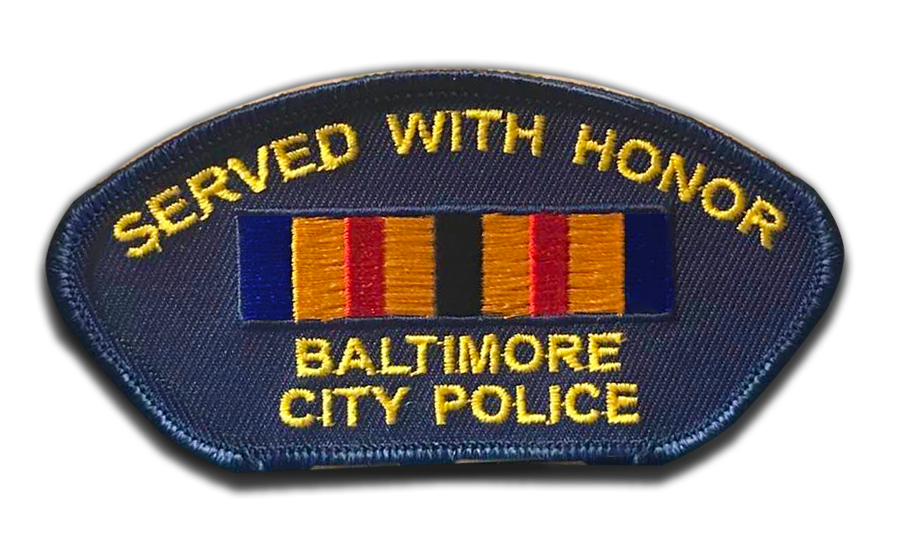U.S. Supreme Court again protects police accused of excessive force
By Andrew Chung
Oct 18 (Reuters) - The U.S. Supreme Court on Monday signaled that it is not retreating from its inclination to grant a legal protection called "qualified immunity" to police accused in lawsuits of using excessive force, ruling in favor of officers on Monday in separate cases from California and Oklahoma.
The justices overturned a lower court's decision allowing a trial in a lawsuit against officers Josh Girdner and Brandon Vick over the 2016 fatal shooting of a hammer-wielding man in Tahlequah, Oklahoma.
They also overturned a lower court's decision to deny a request by police officer Daniel Rivas-Villegas for qualified immunity in a lawsuit accusing him of using excessive force in 2016 while handcuffing a suspect in Union City, California.
The brief rulings were unsigned, with no public dissents among the justices in the cases, both decided without oral arguments.
The qualified immunity defense protects police and other government officials from civil litigation in certain circumstances, permitting lawsuits ONLY when an individual's "clearly established" statutory or constitutional rights have been violated.
The rulings indicated that the justices think lower courts still are denying qualified immunity too frequently in police excessive force cases, having previously chided appeals courts on that issue in recent years.
"These are not the actions of a court that is likely to end or seriously reform qualified immunity," Chris Kemmitt, a lawyer with the NAACP Legal Defense and Educational Fund civil rights group, wrote on Twitter.
A 2020 Reutersinvestigation revealed how qualified immunity, with the Supreme Court's continual refinements, has made it easier for police officers to kill or injure civilians with impunity.
In the Oklahoma case, police responded to a complaint by the former wife of the slain man, Dominic Rollice, that he was inebriated and in her garage.
Officers told Rollice they were not there to arrest him, but rather to give him a "ride out of there," according to court papers, but he refused to go with them. A lower court found that the officers then advanced on Rollice, prompting him to back up and grab a hammer that he held above his head and refused to drop.
When Rollice appeared to raise the hammer further, Girdner and Vick fired multiple times, killing him. A third officer had decided that the situation called for him to "go less lethal" by putting his firearm in his holster and using his stun gun instead.
Rollice's estate sued Girdner and Vick, accusing them of using excessive force in violation of the U.S. Constitution's Fourth Amendment prohibition on unreasonable searches and seizures. The police said they used force because they feared Rollice would charge at them or throw the hammer.
The Denver-based 10th U.S. Circuit Court of Appeals in 2020 denied the officers qualified immunity, finding that they may have unjustifiably escalated the situation. The Supreme Court on Monday declined to decide "whether recklessly creating a situation that requires deadly force can itself violate the Fourth Amendment," instead saying that no prior case had "clearly established" that the officers' actions were illegal.
In the California case, the justices ruled in favor of Rivas-Villegas for the same reason. That case involved the arrest of a man named Ramon Cortesluna at his home. Rivas-Villegas used his foot to push Cortesluna down, and then pressed his knee into the man's back while another officer handcuffed him.
The San Francisco-based 9th U.S. Circuit Court of Appeals last year ruled that Cortesluna's excessive force claim could go to trial, noting that the suspect had been prone and not resisting.
Congressional Democrats have sought to rein in qualified immunity as part of legislation to reform police practices. The House of Representatives passed a Democratic-backed bill that would eliminate qualified immunity for law enforcement, but Senate talks between Democrats and Republicans on police reform collapsed last month.
Reporting by Andrew Chung in New York; Additional reporting by Lawrence Hurley in Washington; Editing by Will Dunham
As usual people, and the press will try to turn this into a free for all allowing police to beat anyone they want. The truth of the matter is, it clearly says permitting lawsuits ONLY when an individual's "clearly established" statutory or constitutional rights have been violated. If an officer clearly violates the law, and clearly violates anyone's civil rights, that officer will be charged departmentally, criminally, and can be charged civilly. When Ken was on, an Internal Investigation could be open by anyone. So if an officer was involved in an altercation with someone and a passerby felt the officer was wrong, that passerby could go to IID and open an investigation. It was not easy on an officer, but the police like anyone, police have the same rights as any other citizen, with limited protections because they would be in court being sued for everything right, or wrong, not only wasting the courts time, but frivolous law suites would cause officers to become less likely to take the risks needed to protect us. Today we have something Ken's police didn't have in that most agencies have body cameras. These cameras are to protect not only the public from what an officer might do, but and officer from what the public might do, or say. Look how often we hear a side of the story in the news about how an officer was rude, made comments unbecoming an officer, or was abusive and then the tape is rolled and we learn the reporting person lied. Police are human, with that we certainly have a few that should not wear the badge, but we are lucky that 99.9% of all police are good hard working men and women that want nothing more than to protect the public from the evils they see on a day to day basis. People can be cruel to each other, and without police, it would only get worse, just look at how much crime has risen, since the democratic cities have tied their hands. Still they will run toward gun shots while everyone else runs away from it, if they think they will save a life, or catch a bad guy. They put themselves in positions that would hopefully save lives, and when one defends himself, or someone else, it is scrutinized heavily as it should be, but people need to be realistic. We need to never forget the victims of crimes, we need to realize if someone is breaking the law, and decides they want to fight the police, it is a choice they made, not the police, and if our police are lucky enough to win that fight, they will then be investigated for it. Now days their body cam video will be shown, and we need to start saying, like they did when Ken was on, instead of people yelling at the police, (which they did,) but they also yelled to the suspect to give up, they understood that person was fighting the police, and the police just as anyone on this planet when attacked, will fight back. So what is excessive force, it is as easy as it sounds, it is force, that is excessive, if the suspect if fighting the officer can fight back, once the suspect stops fighting the officer also has to stop fighting, there is no parting shot, no get even punch, and once the cuffs are on, if an officer strikes the prisoner, I think everyone on the planet would agree it is cowardous. That goes for other police also, Ken never worked with an officer that felt it was OK to punch a suspect that was in handcuffs. We need to ask ourselves, if our mother was the victim of the subject the officers stopped, would we want them to let him go because he decided he wanted to resist their arrest. Then we have to ask if we were the police, and someone was fighting us, would we just let them go, or would we fight back. Obviously no one wants anyone to have to use force, but I think we all want the police to stop criminals from victimizing our neighborhoods, and this is obvious from the nearly one million, 911 calls most cities receive every year. So, we need police, we need them to do their jobs, we need to understand they have to make arrests, and we need to understand if the suspect they are arresting resists that arrest, the officer has to use force. Not all force is excessive force, and until we know the difference we need to let the courts do their thing. If we have real first hand information that we could testify to in the court against an officer, than we should go to court and testify, if we only have opinions or speculation, we need to sit on it, until we have real facts. Think of it as if you were in their shoes, would you want opinions and made up stories, or real eye witnesses. If an officer breaks the law, and there is real evidence they will be arrested and charged, just like any crime, by any criminal. We all know there are times when there is no evidence, and thank God they don't make arrests anyway, imagine if someone thought you did something and you didn't, would you want to be arrested just because everyone thinks you did it. We need to be realistic and stop hating without proof.
These are personal notes not intended for the public - This page is not in the menus if you reached it somehow by accident, please move on as it is not intended for anyone's viewing. We have pages throughout that are for our personal use and research

POLICE INFORMATION
If you have copies of: your Baltimore Police Department Class Photo, Pictures of our Officers, Vehicles, Equipment, Newspaper Articles relating to our department and or officers, Old Departmental Newsletters, Lookouts, Wanted Posters, and or Brochures. Information on Deceased Officers and anything that may help Preserve the History and Proud Traditions of this agency. Please contact Retired Detective Kenny Driscoll.
This email address is being protected from spambots. You need JavaScript enabled to view it.

NOTICE
How to Dispose of Old Police Items
Please contact Det. Ret. Kenny Driscoll if you have any pictures of you or your family members and wish them remembered here on this tribute site to Honor the fine men and women who have served with Honor and Distinction at the Baltimore Police Department. Anyone with information, photographs, memorabilia, or other "Baltimore City Police" items can contact Ret. Det. Kenny Driscoll at This email address is being protected from spambots. You need JavaScript enabled to view it. follow us on Twitter @BaltoPoliceHist or like us on Facebook or mail pics to 8138 Dundalk Ave. Baltimore Md. 21222
Copyright © 2002 Baltimore City Police History - Ret Det Kenny Driscoll


















